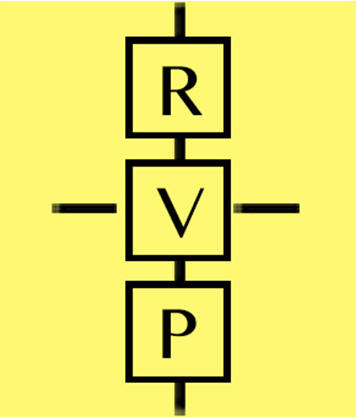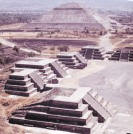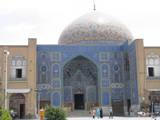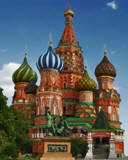|
AN INVITATION
THE ANNUAL SEMINAR
Relations Between Cultures
September 11 -
November 10, 1986
Washington D.C.
Challenge
The difficulty of
people of different cultures in living together would
appear to be one of the major problems of our day. This
is experienced in terms of language in Canada and
Belgium; of religions in Ireland and India; of the
colonial and Indian populations in Central and South
America; of diverse ethnic groups and tribes in the
Balkans and in Africa; and of the very diversified
immigrant populations in North America, the Southern
cone and elsewhere. In all these areas and most others
besides, where people live in fairly close proximity to
others from quite different cultures, the key to a life
of personal dignity and social peace depends
significantly upon one's ability, both as an individual
and as a member of a group, to relate and be related to
in a positive manner by those who are different.
The problem, of
course, is not new; it echoes through ancient biblical
narratives, as well as the accounts of the fall of the
Roman empire. But some factors make it a particularly
urgent problem in our day. First, where different tribes
constituted essentially different nations which could
live in relative juxtaposition to others, today this is
no longer possible. The development of strong national
entities has united the destiny of multiple peoples, for
example in Yugoslavia or Nigeria, which the development
of modern means of communication, production and
commerce bind into an ever more intense interaction and
interdependence. Hence, the possibilities of peace and
progress now depend upon the ability of these different
peoples to cooperate with and mutually promote those
with whom their destiny has come to be intertwined.
Finally, the
development in recent decades of greater sensitivity to
the person and to one's group and cultural identity
renders its recognition and promotion of new importance,
just as its denial or repression is increasingly less
tolerable. This underlines the need to come to a better
understanding of the nature of cultural identities and
symbol systems, of their significance, and of the
possibilities of their positive interrelation.
Response
There is need
then for a penetrating study of the nature of
complementarity versus conflict as regards the relation
between cultures. This must search out implications for
the development of conditions which promote a positive
realization and expression of cultural values in a way
that is harmonious and complementary to those of others
with whom we live.
This will
require: (a) continued reflection, (b) by scholars from
such different disciplines as philosophy, anthropology
and politics, with an opportunity (c) to refine personal
insights through writing, (d) to discuss the problem
critically and in depth, (e) in its multiple dimensions,
(f) and with persons from different cultures, (g) and in
the light of such intensive discussion to draft and
gradually shape a volume which reflects the discoveries
of the group.
Important context
for this work exists. The World Congress of Philosophy,
in Montreal, 1983, focused upon culture. An extended
regionally coordinated project of the International
Society for Metaphysics and the Council for Research in
Values and Philosophy, through multiple teams from the
various cultural areas, is carrying out a detailed
investigation of their cultural heritages and
contemporary life. The Council has sponsored a related
study of values and education by four teams, one of
which worked in a seminar format in Washington in 1984
on Social Context and Values.
As a result of
such studies, a number of scholars from various parts of
the world as well as persons deeply involved in such
work in the United States will take part in this seminar
on cultural conflict and harmony.
|







